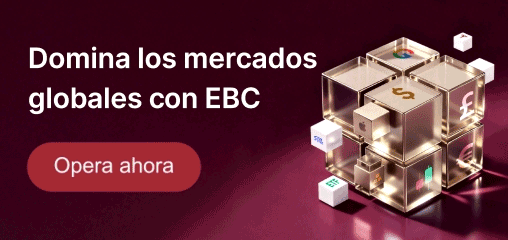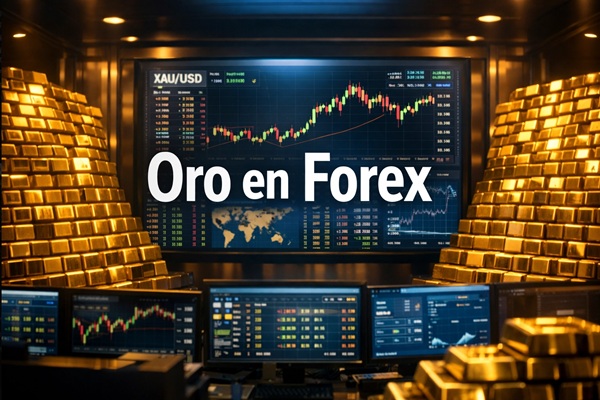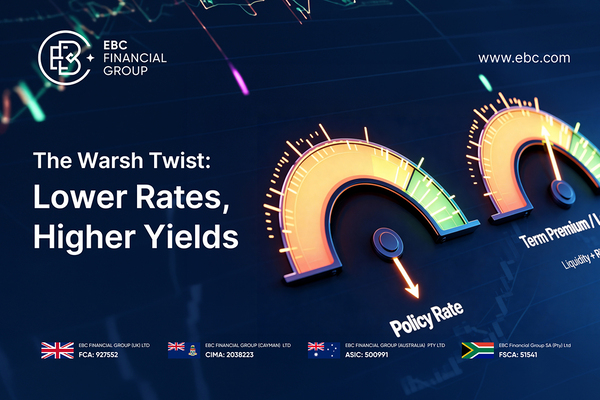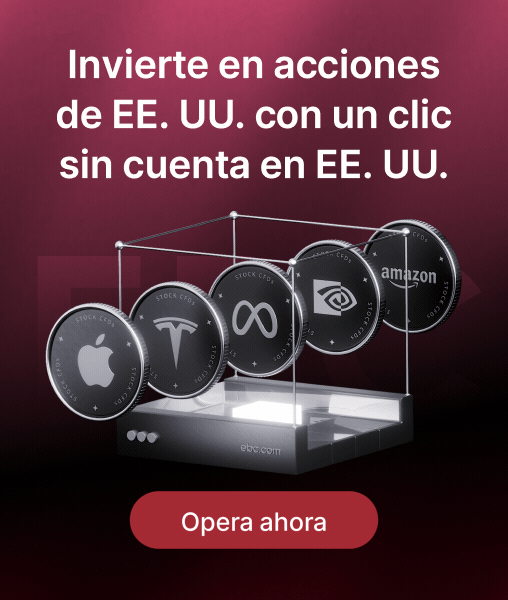As a unit of denomination, currency provides units in which prices can be marked and debts recorded. Perimeter economics tells us that resources are allocated based on relative prices—the price of one product relative to others. But stores express their prices in yuan, and a car dealer tells you a ride costs $200.000 without saying the price is for 5.000 shirts.

A denominated currency is one that is used to calculate and settle debts and liabilities with each other. It's like going to the store and paying for something in RMB. In a contract, both parties will agree on which currency is to be used for valuation. Of course, if the contract only specifies the currency of valuation and not the currency of settlement, then it is again equal to the currency of settlement.
In economic terminology, it is the unit of currency used to represent and report financial transactions and is usually the primary currency chosen by a business or entity. It is like the standard currency used in financial statements to represent items such as assets, liabilities, revenues, expenses, and profits.
There is a basic concept in the International Accounting Standards (IAS)—the Denomination Currency Principle—that is used to determine the currency in which an entity should report in the financial statements. Under this principle, an entity selects a primary denomination currency, which is usually its home currency (or the currency of the economic entity's principal place of operation). All financial transactions and financial statements are then to be expressed in that currency. This avoids confusion and complexity and makes the statements easier to read. This principle is designed to ensure consistency and comparability of financial statements, allowing analysts and stakeholders to better understand and assess an entity's financial position. It is a core principle in International Accounting Standards that ensures consistency and comparability of financial statements and a better understanding of a company's financial position so that more informed investment decisions can be made.
In the foreign exchange market, there are generally two currencies. One is the base currency, and the other is the denominational currency. It is also often called the quote currency and is used to indicate the value of the base currency.
Currency of denomination of international bonds
| QUOTE CURRENCY |
CHARACTERISTICS |
| National Currency |
Funding is primarily raised in the home market, with principal and interest paid in the home currency. |
| United States Dollar (USD) |
The U.S. dollar is the global reserve currency, attracting international investors and providing strong market liquidity. |
| Euro (EUR) |
Widely circulated in the European region, suitable for financing in the European market. |
| British Pound (GBP) |
Suitable for raising funds in the UK market, mainly for UK funding needs. |
| Other major currencies |
Other major international currencies are chosen according to market demand, attracting investors from different regions. |
So what is the principle of choosing the denominational currency in the foreign exchange market?
This choice leaves many investors scratching their heads, especially when considering financial transactions such as international bonds and Forex trading. Here are a few tips to help!
First of all, most international bonds are denominated in the national currency of the issuing country or institution, which reduces foreign exchange risk because the principal and interest payments on the bond are the same as the investor's national currency.
An issuer that needs to subscribe to funds in a specific currency will choose to denominate them in the appropriate currency. For example, if a Japanese company needs to subscribe funds, then they might issue bonds denominated in Japanese yen.
If they wish to attract international investors, they may prefer to be denominated in US dollars or other international currencies, or if they are primarily concerned with their home market, national currency denominations may be more appropriate.
Market liquidity is also a factor to consider when making a choice, with certain currency markets being liquid and certain markets being less active. Liquidity is a key factor affecting transaction costs and market maneuverability.
Of course, exchange rate risk must be considered when choosing. If you choose a foreign currency as your quote currency, you will be exposed to the exchange rate risk associated with that currency. So it is important to think through how to manage this risk, for example, by using foreign exchange swaps or other financial instruments.
If you have a portfolio in multiple currency markets, you can diversify your risk by picking different options to achieve diversity. At the same time, different choices can produce different results at different times and under different market conditions, so it is important to consider the long-term implications.
Different foreign exchange markets trade at different times, so it is important to consider whether they are suitable for your own trading hours. There are also legal and regulatory requirements in some countries that may affect the choice, so always make sure you understand and comply with the relevant regulations.
Finally, consider business needs. This choice should be in line with the order and the objectives of the transaction. For example, if funds need to be entered in a specific currency, they should be denominated in that currency. If the goal is to attract international investors, then major international currencies (e.g., the U.S. dollar or the euro) may be preferred for denomination. If the main focus is on national investors, then national currency denominations may be more appropriate.
Four denominated currency
| CURRENCY |
OFFICIAL CURRENCY |
SCOPE OF USE |
| United States Dollar (USD) |
United States |
A major currency in global international trade and financial transactions. |
| Euro (EUR) |
Eurozone countries |
Important currency in the foreign exchange market between global and European countries. |
| Japanese Yen (JPY) |
Japan |
Widely used in the global and Asian foreign exchange markets. |
| British Pound (GBP) |
United Kingdom |
Important in UK and US foreign exchange transactions. |
Denomination Currency: USD
If a company or entity chooses the United States dollar (USD) as its quoted currency, it means that the company will use the USD to measure and report its financial position, performance, and transactions. Choosing the USD helps simplify financial statements and ensures consistency because the USD is the primary currency for international trade and financial transactions. It is also liquid and widely used because it is the global reserve currency. So, it helps the company raise funds in the international capital market.
And when it comes to financial transactions and exchange rate quotes, it is simply the United States dollar (USD) that we usually use. In all kinds of financial transactions, it is the "ruler" that is used to indicate the value.
For example, in the foreign exchange market, see EUR/USD = 1.20. EUR is the base currency, and USD is the currency This is like saying, "You need 1.20 U.S. dollars to buy 1 euro." Here, the USD is used to tell us how many U.S. dollars we need to buy the euro of that "ruler".
Descargo de responsabilidad: este material es sólo para fines de información general y no está destinado como (y no debe ser considerado como) financiero, de inversión u otro asesoramiento en el que se debe confiar. Ninguna opinión dada en el material constituye una recomendación por EBC o el autor de que cualquier inversión particular, seguridad, transacción o estrategia de inversión es adecuada para cualquier persona específica.


























